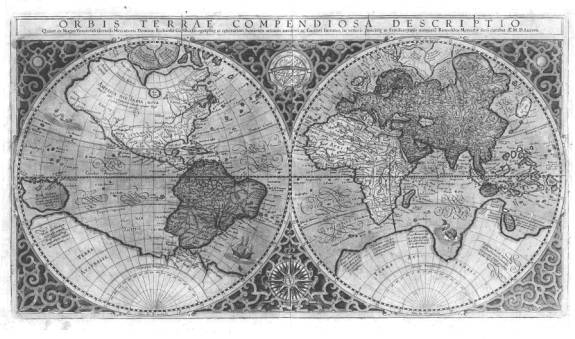LITR 5734:
Colonial & Postcolonial Literature

Sample Student Final Exams 2008
Essay 2: Compose a dialogue between our four novels since the midterm. (Objectives 1, 2, and 3 + others)
Matt Richards
The Concept of the Other: the difference in Colonial and Post-Colonial Novels
The four novels we have read in class since the midterm have helped my understanding on how the novel is the genre of modernity. These novels have done this by introducing me to the topic of the “other.” The four novels “A Passage to India,” “Train to Pakistan,” “Robinson Crusoe,” and “Lucy” all show the self-other concept in them as important for understanding the culture in both colonialism and post-colonialism. All four of the novels show the dominance of the self-other relationship, but they way the other is categorized is different between colonial and post-colonial novels. In the two Colonial novels, the self-other is based on differences of race and how these differences conflict with each other. The two Post-Colonial novels define the other either by the differences in religious background or way of life that is based on two different cultures.
The first Colonial novel that we read after the midterm is “A Passage to India.” In the novel, the British distance themselves from the Indian people because they are a different race then them. The British, in the novel, seem to believe that the Indian people are not as civilized as them because their culture is different, but it looks like the base that mostly on the fact that they are a different race then them. On example of this is at the bridge party when Mrs. Turton is trying to speak to them in Urdu. She realizes that she does not know very much of their language so she tries to get someone to translate. She is surprised when one of the Indian ladies says, “Perhaps we speak yours a little” (Forester 42). Mrs. Turton did not even consider it a possibility that the Indian ladies would know her language. Instead of embracing this cultural similarity she makes fun of them in a racism way a few lines later. She says, “They pass Paris on the way, no doubt,” said Mrs. Turton, as if she were describing the movements of migratory birds. Her manner had grown more distant since she had discovered that some of the group was Westernized, and might apply her own standards to her” (Forester 42).
Instead of being happy that it would be easier to talk with the Indian ladies, Mrs. Turton seems to be worried that they might expect her to treat them like Westerners instead of the “other” that did not have anything in common with her. Basically she is unhappy that they are more of her equals because she did not see them that way and, from what it looks like in the novel, does not want to treat them like they are anything more than an “other” culture. . . .
